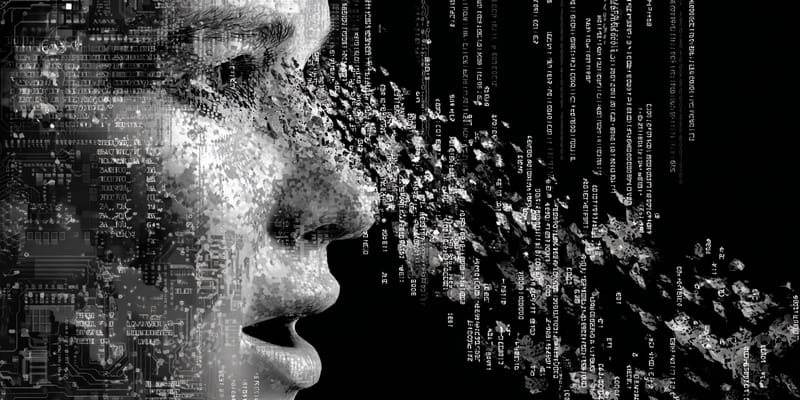Samsung And SK Hynix Face New Licensing Requirements For China Manufacturing

The Trump administration revoked special authorizations on Friday that allowed Samsung Electronics and SK Hynix to import American semiconductor manufacturing equipment to their Chinese facilities without obtaining individual licenses. According to South China Morning Post, the Commerce Department terminated the companies' verified end user status in a Federal Register filing.
The Korean memory chip giants had operated under these exemptions since October 2022 when the Biden administration first imposed sweeping restrictions on semiconductor equipment sales to China. KED Global reports that Samsung produces approximately 35-40% of its total NAND flash memory chips at its Xi'an facility in China, while SK Hynix manufactures about 40% of its DRAM production in Wuxi and 20% of NAND flash chips in Dalian.
The companies now have 120 days to secure proper licenses before the revocation takes effect. Intel also appeared in the filing, though it sold its Chinese memory operations earlier in 2025.
Why This Decision Matters
The licensing requirements will create significant operational delays for the Korean manufacturers. Industry sources told KED Global that equipment procurement typically requires three to nine months as companies must obtain US government approval for each purchase.
These delays affect routine maintenance and equipment replacement at facilities that represent major production hubs for both companies. The Commerce Department stated it will approve licenses for existing operations but not for capacity expansions or technology upgrades. This restriction forces the companies to maintain only legacy chip production in their Chinese facilities rather than advancing to more sophisticated products.
The move comes as China represents a critical market for memory chips. TrendForce projects that SK Hynix's China operations will account for 35-40% of its total DRAM output in 2025 and 40-45% of its NAND production.
Global Memory Market Competition Intensifies
The restrictions arrive at a pivotal moment in the global memory chip industry. Counterpoint Research data shows SK Hynix overtook Samsung as the world's largest DRAM supplier for the first time in the first quarter of 2025, capturing 36% market share compared to Samsung's 34%.
This shift reflects SK Hynix's dominance in high bandwidth memory chips essential for artificial intelligence applications, where it commands 62% of global shipments. The US restrictions may further accelerate these competitive dynamics as Samsung faces additional constraints on its Chinese operations.
The policy changes could benefit US memory maker Micron, which competes directly with both Korean companies. Chris Miller, author of "Chip War," told The Register that without similar measures against Chinese manufacturers like YMTC and CXMT, the restrictions "risk opening market space for Chinese firms at the expense of Korean firms."
TrendForce reports that Chinese memory companies, led by ChangXin Memory Technologies, could double their global market share to 10% in 2025 from 5% in 2024. This rapid growth occurs despite existing US export controls and positions Chinese firms to potentially fill gaps created by the new restrictions on Korean competitors.
Further Reading
For deeper insights into global semiconductor trade dynamics and regulatory frameworks affecting memory chip manufacturers across different regions, our Alternative Financial Systems Index tracks adoption metrics and policy developments across 50 countries.









